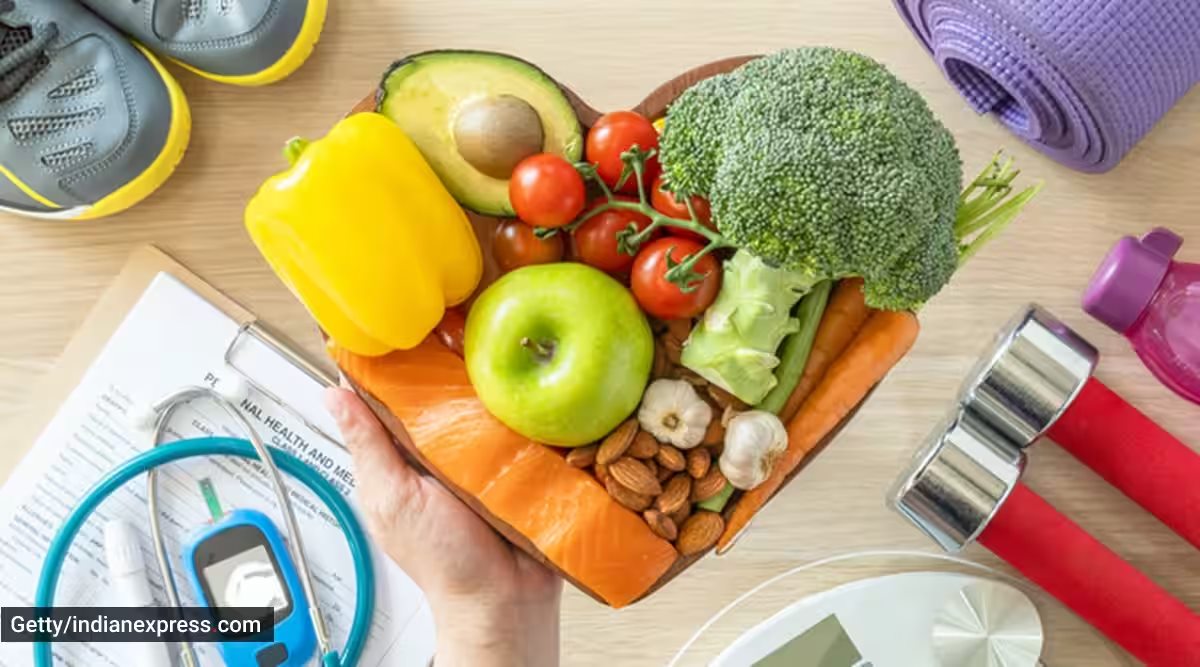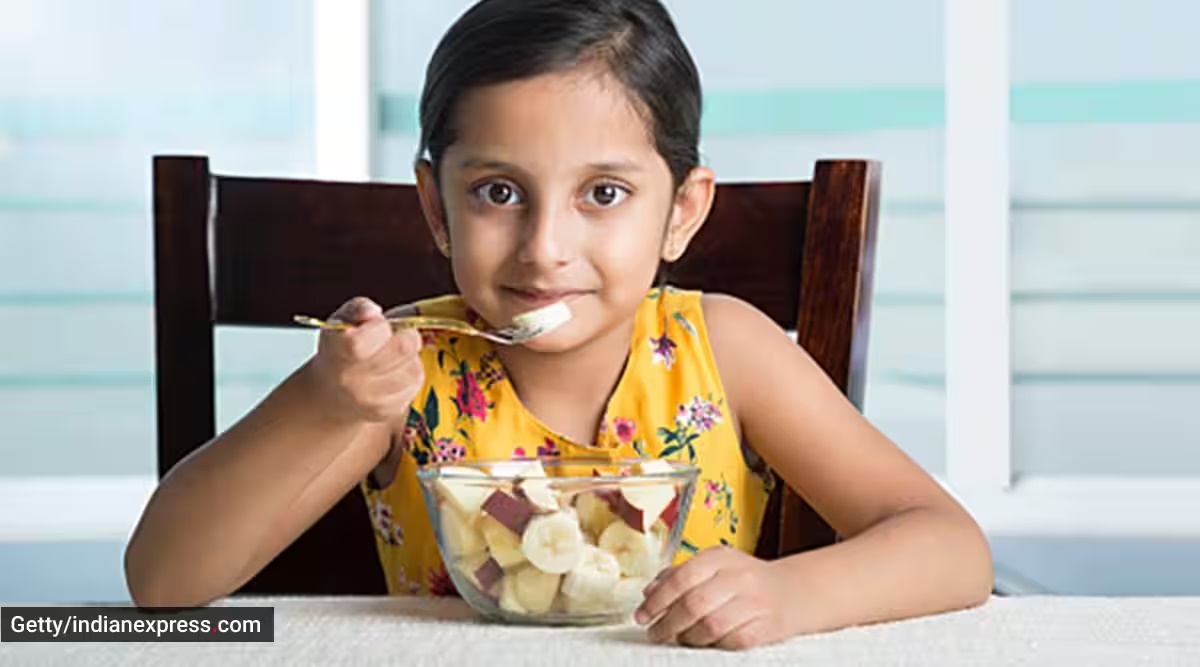All kids love junk food, from French fries to burgers to pizza. And in all honesty, we adults love them too. But we all are well-aware that these ultra-processed foods are bad for our bodies, especially our children’s.
According to Dr Suresh Kumar Panuganti, Lead Consultant – Pediatric Critical Care and Pediatrics, Yashoda Hospitals, Somajiguda, Hyderabad, the most commonly used or available unhealthy foods that children eat are broadly categorised as JUNCS (junk foods, ultra-processed foods, nutritionally inappropriate foods, caffeinated/carbonated drinks/beverages, sugar-sweetened beverages).

“Children should try and avoid JUNCS as much as possible or limit consumption of these foods at home and outdoors to not more than one serving per week — serving not exceeding 50% of total daily calorie requirement for that age,” he added.
Most of these junk foods are nutritionally inappropriate — it gives good taste but does not meet nutritional requirements. In addition to this, Dr Kumar noted that excessive salt can cause adverse effects on the kidney and heart, excessive sugar can cause obesity and diabetes as well, and the prolonged exposure of additives can cause cancer.
“High sugar content in carbonated and sweetened beverages can lead to dental caries, and contamination of these beverages can cause diarrhea, Typhoid fever, Hepatitis and also dreaded diseases like Leptospirosis, which cause liver and kidney failure. Over consumption of caffeinated drinks may cause psychiatric and sleep disturbances as well,” he said.
Here are some parenting tips to build a healthy diet for your children, according to Dr Kumar.
 No screen-time while eating – watching screen while eating tends to result in excess intake. (Source: Getty Images/ Thinkstock)
No screen-time while eating – watching screen while eating tends to result in excess intake. (Source: Getty Images/ Thinkstock)
It all starts early
Exclusive breastfeeding till 6 months of age. Weaning should start and continue with home-based foods that are easily available, easy to digest, sustainable and culturally acceptable.
Be mindful of the nutrition portions
Total calories in a healthy meal should be divided as 15–30% from fats, 10–15% from proteins, and 55–75% from carbohydrates. Free sugars should be <5% and there should not be any trans fat.
Recommended salt intake up to 12 months is <1 g salt, 1–3 years <2 g, 4–6 years <3 g, 7–10 years <5 g, and for ≥11 years 6 g per day.
ALSO READ | Monsoon health: How to maintain a nutrient-rich diet for your kids this season
Decrease screen time
No screen-time while eating. Watching screen while eating tends to result in excess intake.
Avoid artifical foods
Most Read 1Chandrayaan-3 mission: Dawn breaks on Moon, all eyes on lander, rover to wake up 2As Indo-Canadian relations sour, anxiety grips Indian students, residents who wish to settle in Canada 3Karan Johar says Sanjay Leela Bhansali did not call him after Rocky Aur Rani: ‘He’s never called me but…’ 4Gadar 2 box office collection day 40: Hit by Shah Rukh Khan’s Jawan onslaught, Sunny Deol movie ends BO run with Rs 45 lakh earning 5Shubh’s tour in India cancelled: Why is the Canada-based singer facing the music?
No fruit juices for children less than 2 years of age, instead fresh fruits can be given. Avoid foods containing colours and preservatives.
Be a good role model
Involve your child in preparing and serving meal or snacks. Be a good role model for them as children are silent observers and will follow what you do.
Also ReadWorried about the baby’s low birth weight? Here are some tips13 simple home remedies for your child’s stomach acheCan you eat ginger during pregnancy? Here's what a doctor recommendsThese exercises will help you turn the baby in the womb naturally for nor…
📣 For more lifestyle news, follow us on Instagram | Twitter | Facebook and don’t miss out on the latest updates!
© IE Online Media Services Pvt Ltd


